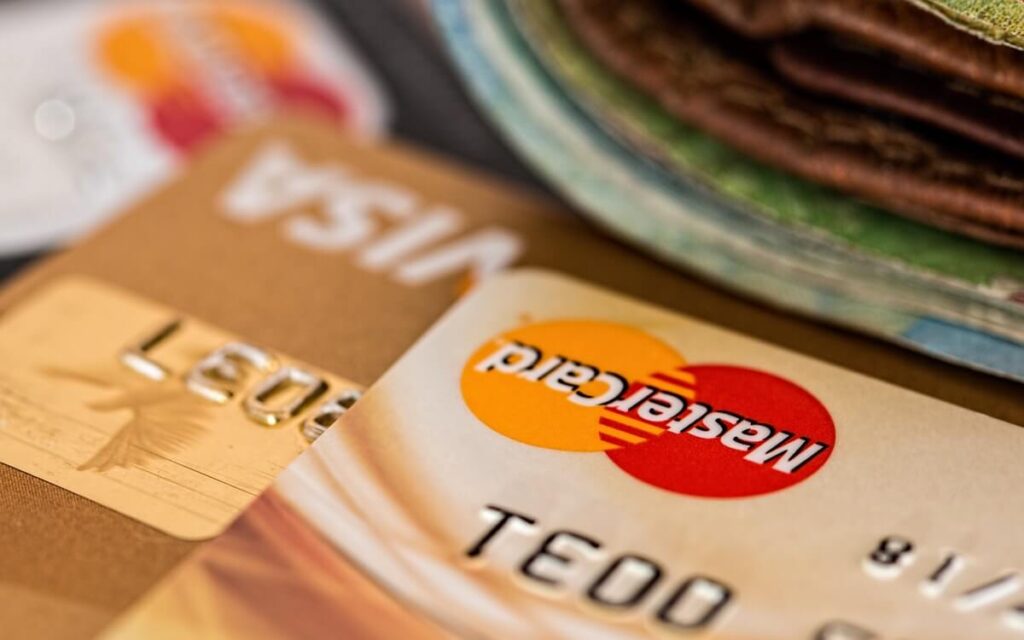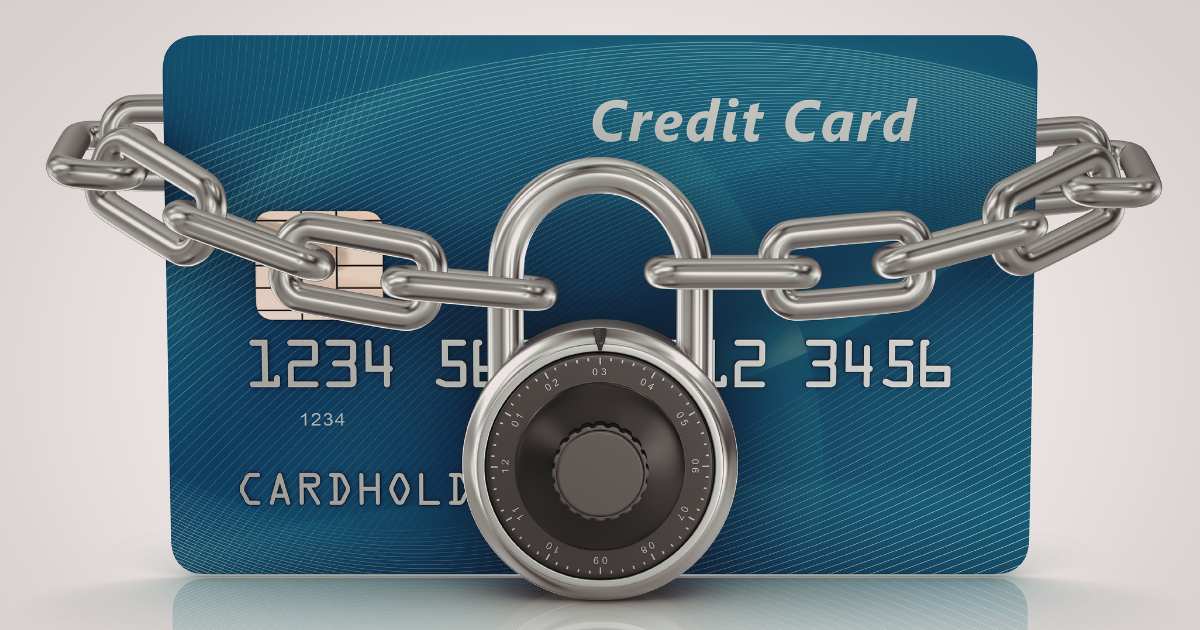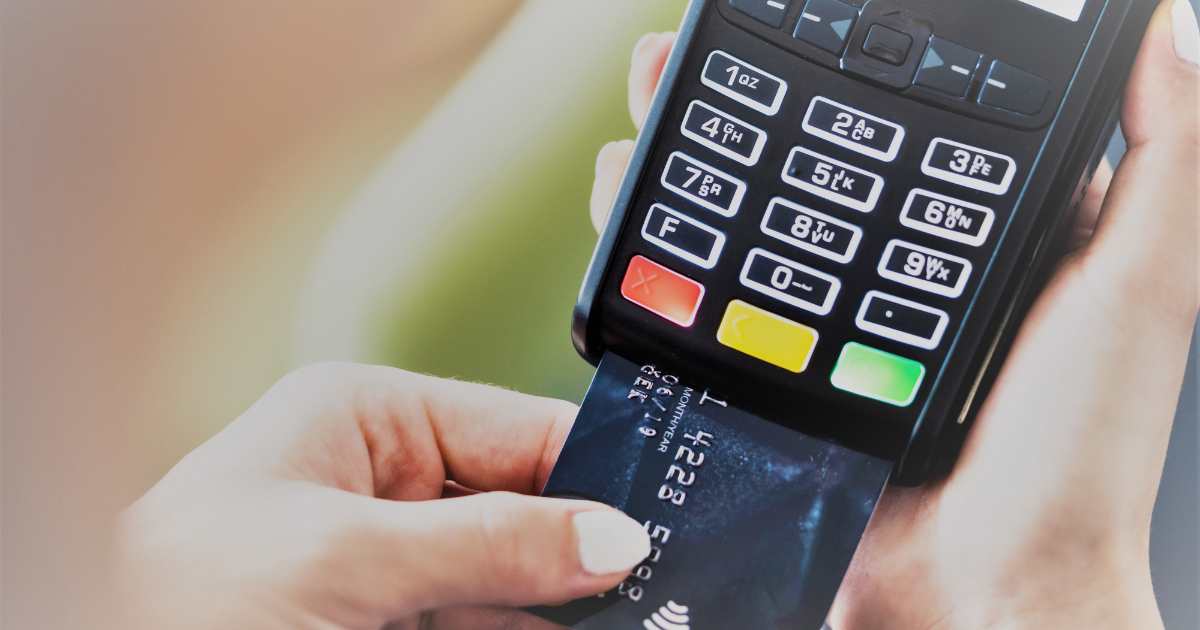
Entrepreneurs who are considering starting and registering a business should opt for a bank account that gives them peace of mind when managing and growing their business.
Kenneth Matlhole, FNB Business spokesperson, says before opening a business bank account, entrepreneurs should do thorough research and ensure they take up a bank account that best suits their needs.
Matlhole shares key questions that entrepreneurs should ask before opening a bank account:
1. What type of account do I need?
There are several options to choose from depending on the type of business.
A standard transactional account is ideal for managing money coming in and going out of the business. A new business can either go for a Pay as You Use pricing option with a low monthly account fee or a Bundled pricing option which accommodates for a higher number of transactions.
When selecting your pricing structure, the focus should not solely be on the monthly account fee but also on the transactional fees associated with that pricing structure to ensure that it’s in line with your business activity.
For more sophisticated businesses there are niche bank accounts that are designed to cater for specific needs. These range from Trust accounts, Agricultural, Healthcare, Franchising and Global accounts, etc.
2. Can I manage the account digitally?
Having access to banking services 24/7 has become essential for businesses. This includes viewing accounts and balances, applying for credit, and performing Foreign Exchange transactions online.
The objective is to enable the entrepreneur to manage the business on the move while transacting securely.
3. What value will I get?
Over and above the transacting capabilities, it is essential to find out what additional benefits and solutions the account offers. Some of the suite of services that are now available enable business owners to manage daily activities, such as Instant invoicing, accounting, payroll and cashflow.
As part of the value-added services, banks now offer customers rewards and loyalty programmes, which reward businesses in line with their banking behaviour. The ideal programme should allow businesses to spend on goods and services that add meaningful value – especially in tough economic times. i.e. petrol.
4. Will I always get the best service?
Getting the best service when you need it most is not negotiable. Customers should be able to get assistance from their bank in any channel of their choice.
5. Does the bank factor in my future growth and business needs?
The preferred bank should go the extra-mile to understand the business while providing it with the necessary support and assistance to grow. This can be in the form of credit, trade and asset finance etc.
“When shopping around for a bank account, consider the overall value you are getting instead of basing your decision solely on bank fees.
Moreover, taking the time to familiarise yourself with the account pricing structure and adopting the right banking behaviour and pricing structure can save you a lot in banking fees. Acquainting yourself with the pricing structure should not be a once-off exercise but should be done regularly as your business activity changes to ensure you’re getting the best value for your banking needs” concludes Matlhole.





